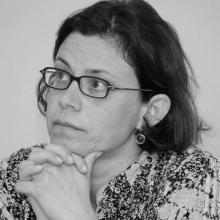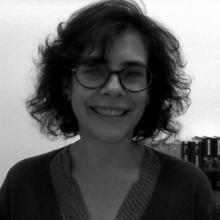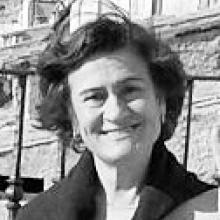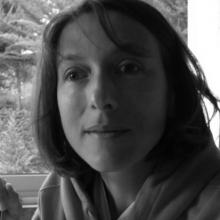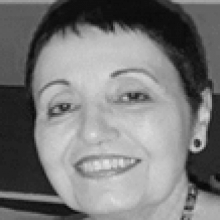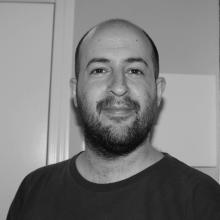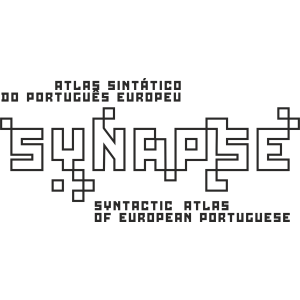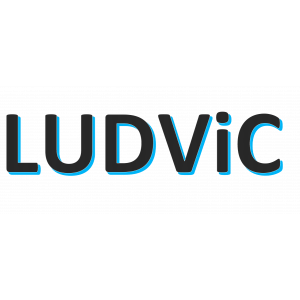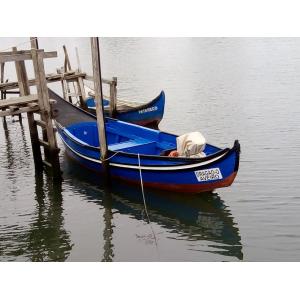Dialectology and Diachrony
The core object of study of the Dialectology and Diachrony group (D&D) is language variation, across centuries and covering several geographical areas. The group’s descriptive and theoretical studies, which are regularly published in prestigious journals and volumes, are accompanied by the construction of various digital resources from either historical documents or contemporary oral data in non-standard varieties of Portuguese or Portuguese-related languages. A substantial part of these oral data have been gathered in Portugal, both in the archipelagos of Madeira and the Azores, and in the mainland, where some of the varieties under study are spoken in different points of the border with Spain. Additionally, D&D studies Portuguese or Portuguese-related varieties that are, to a variable degree, the product of contact with other languages, which is the case of Caboverdean and Brazilian Portuguese. All these works assume a comparative perspective with other natural languages, from diverse periods and regions.
The standard varieties, however, are not left behind, since part of the group’s activities and outputs concerns (i) the intricate linkage between those and the non-standard varieties, and (ii) the development of new tools for the formal teaching of Portuguese.
This coverage of standard and non-standard varieties ensures a connection between theoretical research and the community at large (including productive collaborations with other Portuguese teaching entities, in Portugal and abroad), also guaranteed by the regular presence of various group members in open online seminars and conferences, and further highlighted by science communication endeavours, such as general audience publications and language oriented cultural events.
Membros
Integrated members with PhD
Integrated members without PhD
Colaboradores
Concluded
| Resources | Type |
|---|---|
| A Sound Map for Portuguese Dialects - MADISON | Atlas |
| CORDIAL-SIN - Syntax-oriented Corpus of Portuguese Dialects - CORDIAL-SIN | Corpus |
| Forgotten Letters 1900-1974 - FLY | Corpus |
| Glossário dos dialetos portugueses com informação sintática - GloDiP | Database |
| Language Unity and Diversity: Variation in Caboverdean and beyond - LUDViC | Corpus |
| Linguistic and Ethnographic Atlas of Azores - ALEAç | Atlas |
| Mobilidade Ascendente Entre As Minorias - MAEAM | Corpus |
| Post Scriptum - P.S. | Corpus |
| Revista Lusitana | Eletronic Edition |
| Revista Lusitana - Anthroponyms Index | Eletronic Edition |
| Revista Lusitana - Etymology index | Eletronic Edition |
| Revista Lusitana - Subject index | Eletronic Edition |
| Revista Lusitana - Toponyms index | Eletronic Edition |
| Revista Lusitana - Word Index | Eletronic Edition |
| SynAPse: The Syntactic Atlas of European Portuguese | Atlas |
| Tagged and Parsed Old Portuguese Texts - WOChWEL's POS | Corpus |
| Thesaurus of Dialectal Portuguese - TEDIPOR | Lexicon |
| Unknown Letters - CARDS | Corpus |
. (2012). Linguistic and Ethnographic Atlas of Azores (ALEAç) (pp. 1002-1016). Author of the following linguistic maps (lexicon), Birds, insects and reptiles. Retrieved from http://www.culturacores.azores.gov.pt/alea/ |
. (2018). Contacto linguístico. Grande Dicionário Enciclopédico da Madeira, Projeto Aprender Madeira. Retrieved from http://aprenderamadeira.net/contacto-linguistico/ |
. (2017). Portuguese Syntactic Annotation Manual. . Retrieved from https://sites.google.com/site/portuguesesyntacticannotation/ |
. (2016). Portuguese Syntactic Annotation Manual. . Retrieved from https://sites.google.com/site/portuguesesyntacticannotation/ |
. (2010). Outras Palavras Doces. Glossário comparativo da atual terminologia açucareira no Atlântico. Coleção Estudos (Centro de Estudos de História do Atlântico, Vol. nº 1). Região Autónoma da Madeira: Secretaria Regional de Educação e Cultura. |
. (2003). Palavras Doces. Terminologia e tecnologia históricas e atuais da cultura açucareira: do Mediterrâneo ao Atlântico. Governo Regional da Madeira: Centro de Estudos de História do Atlântico. |
. (1999). Antroponímia primitiva da Madeira (séculos XV e XVI) e Repertório onomástico histórico da Madeira. Patronymica Romanica. Tubingen: Niemeyer. |
. (2008). Atlas Linguístico-Etnográfico dos Açores. Vol.I (Vol. I). Centro de Linguística da Universidade de Lisboa / Imprensa Nacional-Casa da Moeda. |
. (2010). Outras Palavras Doces. Glossário comparativo da actual terminologia açucareira no Atlântico. |
. (2003). Análise Contrastiva de Variedades do Português: Primeiros Estudos. Rio de Janeiro: In-Fólio. |
. (1999). Thematic Volume - Workshop sobre Linguística Computacional. Lisboa: APL. |
. (2000). Thematic. APL. |
. (2001). Atlas Linguístico-Etnográfico dos Açores (Vol. I). Centro de Linguística da Universidade de Lisboa / Direcção Regional da Cultura-Açores. |
. (1993). Relação breve da grande e maravilhosa vitória dos moradores da ilha do Corvo contra dez poderosas naus de Turcos. Corvo: Câmara Municipal do Corvo. |
. (1987). Novo Romanceiro Português das Ilhas Atlânticas I. Madrid: Seminario Menéndez Pidal, Universidad Complutense de Madrid. |
. (1981). Iniciação ao Português. Lisboa: CLUL. |
. (2019). Estudos Linguísticos e Filológicos Oferecidos a Ivo Castro . Lisboa: Centro de Linguística da Universidade de Lisboa. |
(2020). Gramática do Português. (E. B. P. Raposo, Bacelar do Nascimento, M. F., Mota, C., Segura, L., Mendes, A., & Andrade, A., Eds.) (Vol. III). Fundação Calouste Gulbenkian. |
. (2001). Atlas Linguístico-Etnográfico dos Açores: A Criação de Gado. Lisboa e Angra do Heroísmo: CLUL E Direcção Regional da Cultura dos Açores. |
. (1991). O Falar de Odeleite. Col. Linguística (Vol. 16 , p. XXIV - 398). Lisboa: INIC. |
. (1988). A Fronteira Dialectal do Barlavento do Algarve. Dissertação para progressão na carreira de investigação (equiparada a doutoramento) (Vol. 1–2, p. Vol. I (393); Vol. II (108 mapas). Lisboa: INIC. |
. (1987). Português Fundamental, Métodos e Documentos (Inquérito de Frequência, Vol. II, Tomo 1). Lisboa: INIC/CLUL. |
. (1987). Português Fundamental, Métodos e Documentos (Inquérito de Disponibilidade, Vol. II, Tomo 2). Lisboa: INIC/CLUL. |
. (1984). Português Fundamental, Vocabulário e Gramática (Tomo 1 ed.). Lisboa: INIC/CLUL. |
. (2012). Linguistic and Ethnographic Atlas of Azores (ALEAç) (p. 277, 276). Author Of The Following Linguistic Maps (Morphophonology). Retrieved from http://www.culturacores.azores.gov.pt/alea/ |
. (2010). Atlas Linguístico-Etnográfico dos Açores : A vinha e o vinho. Os trabalhos do linho e da lã. Lisboa: CLUL e INCM. |
. (2008). Atlas Linguístico-Etnográfico dos Açores I: A Criação de Gado. Lisboa: CLUL e INCM. |
. Les désignations romanes de la perdrix. In (Vol. 2c. Cartes / Commentaires). Roma: Instituto Poligrafico & Zecca dello Stato / Libreria dello Stato. |
. (2018). Discontinuous noun phrases and remnant-internal relativization in the diachrony of Portuguese. In Word Order Change (Martins, A. M. and Cardoso, A.). Oxford/New York: Oxford University Press. |
. (2018). Escrita colaborativa no ensino superior: análise exploratória da interação entre pares no quadro do Interacionismo Sociodiscursivo. In Brocardo, T. Lisbon: Faculdade de Ciências Sociais e Humanas. |




